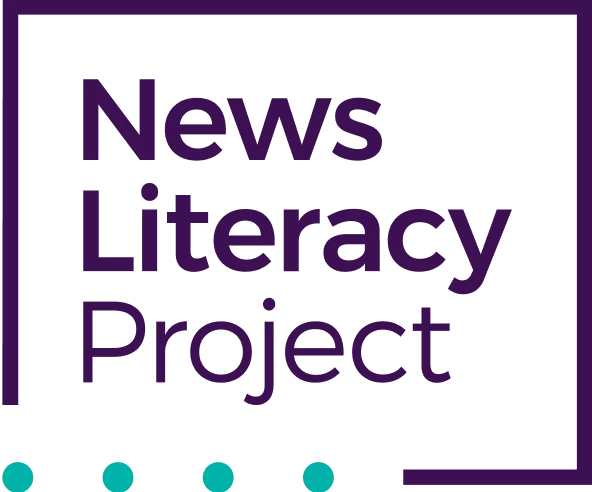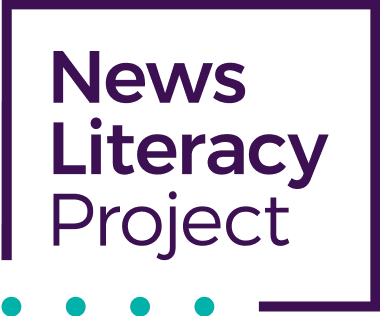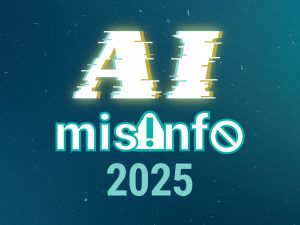Before you vote, double-check your facts
Election Day is just two weeks away — and in each election cycle, it gets more and more difficult for us to make informed decisions before casting our ballots. As political rhetoric tips toward misinformation frenzy, it’s increasingly difficult to discern fact from fiction and truth from outright falsehoods.
Russian troll farms, bots and other types of political chicanery are certainly part of the problem — but the perception that misinformation is spread only by people who are intentionally trying to muddy the waters is far from accurate. It’s the unintentional sharing of misinformation that really causes misinformation to spread. Certainly, most of us don’t go out of our way to share bad information with our family members and friends. But that doesn’t mean we haven’t — even a casual “like” or retweet can give misinformation a broader audience.
So we at the News Literacy Project have teamed up with Edelman, a global communications marketing firm, to create a public service campaign that we’re calling The Easiest Quiz of All Time. Hosted by comedian and filmmaker Mark Malkoff, this humorous street quiz tests passers-by about frequently misremembered facts. Contestants learn, for example, that Darth Vader did not actually say “Luke, I am your father.” They also learn that overconfidence and a failure to double-check what you think you know can lead to incorrect answers — and, potentially, uninformed decisions.
As we were making this video, I was reminded once again that the skills to be a well-informed and active participant in civic life should not be taken for granted. If you see something that sounds like it might not be true, take a minute to find out before you pass it on. The spread of misinformation is not inevitable, and stopping it comes down to each of us taking a little time to double-check the facts.
We’re urging you to share this video between now and Election Day with your family, your friends, your neighbors, your co-workers and your networks, using the hashtag #doublecheck.
And most importantly, remember to vote — after double-checking your facts!





